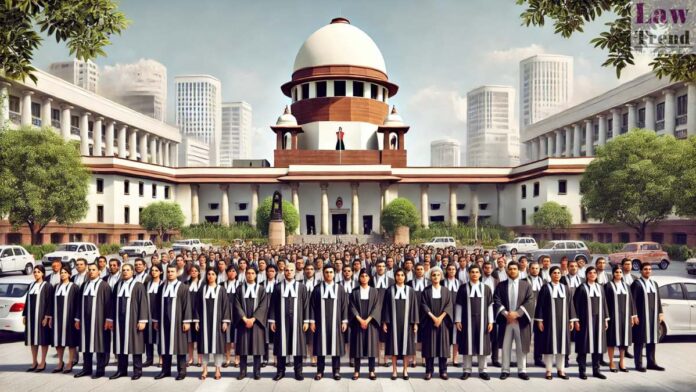In a notable decision on Monday, the Supreme Court dismissed a public interest litigation (PIL) seeking measures against the misuse of dowry and domestic violence laws. The petition, brought forth by Advocate Vishal Tiwari in the case of Vishal Tiwari v. Union of India and others, was aimed at addressing alleged abuses in the enforcement of these laws which, according to the petitioner, had resulted in severe personal injustices including the suicide of a Bengaluru-based software engineer, Atul Subhash.
Justices BV Nagarathna and SC Sharma, presiding over the matter, clearly stated that issues concerning legislative reforms reside with the Parliament, not the judiciary. They emphasized the importance of maintaining the separation of powers, pointing out that the responsibility to modify laws lies with lawmakers and not the courts.
The Court also expressed its displeasure towards Advocate Tiwari’s approach, noting his frequent use of PILs for gaining media attention. During the proceedings, when Tiwari expressed his intent to withdraw the petition to instead make representations to the appropriate authorities, Justice Sharma responded sharply, cautioning him about the potential for his actions to result in contempt proceedings should he allege governmental non-compliance with hypothetical court directives in future.
Justice Nagarathna sternly advised lawyers against representing themselves in PILs, warning of the potential judicial reproach or financial penalties. “An advocate must always avoid being a litigant or a surety… Why should you expose yourself to all this at all?” she remarked, suggesting that such actions could unnecessarily jeopardize an attorney’s professional standing and effectiveness.
The backdrop of the PIL was the tragic death of Atul Subhash, who left behind a note and a video accusing his wife and her family of harassment and false legal accusations, which he claimed drove him to suicide. Tiwari’s petition had called for the formation of an expert committee to review and recommend reforms to the existing laws to prevent such misuse.
However, the bench reiterated the judiciary’s role in interpreting rather than creating law, reminding that societal change often needs to precede or accompany legislative reform. The court’s decision to allow Tiwari to withdraw his petition reflects a cautious stance on legal activism through PILs, emphasizing the need for legislative action and societal evolution over judicial intervention in matters of broad legal policy.




